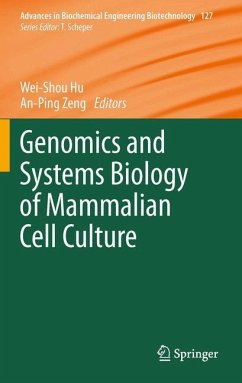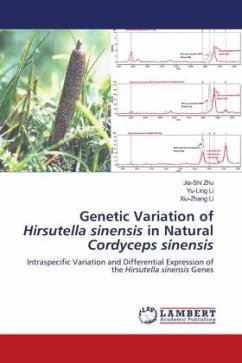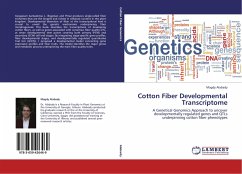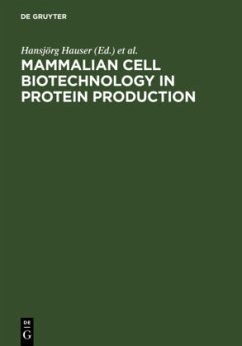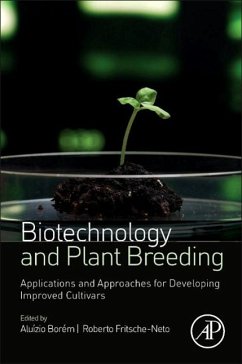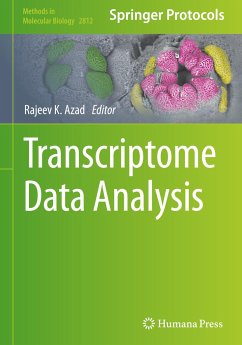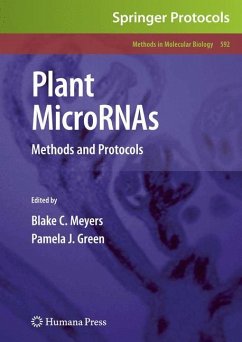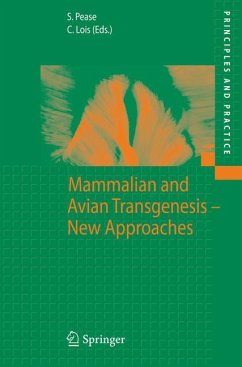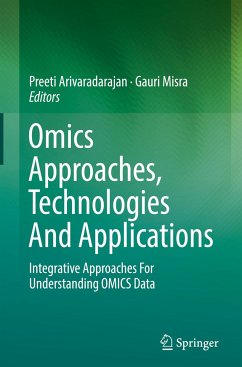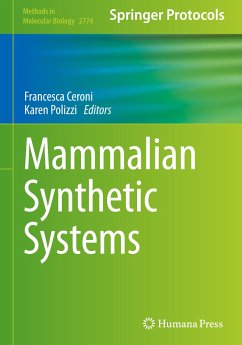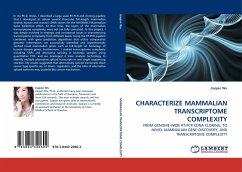
CHARACTERIZE MAMMALIAN TRANSCRIPTOME COMPLEXITY
FROM GENOME-WIDE RT-PCR CDNA CLONING, TO NOVEL MAMMALIAN GENE DISCOVERY, AND TRANSCRIPTOME COMPLEXITY
Versandkostenfrei!
Versandfertig in 6-10 Tagen
52,99 €
inkl. MwSt.

PAYBACK Punkte
26 °P sammeln!
In my Ph.D. thesis, I described a large scale RT-PCR and cloning pipeline that I developed to obtain several thousand full-length mammalian (mainly human and mouse) cDNA clones for the NHGRI/NCI Mammalian Gene Collection effort. At that time, the layers of the mammalian transcriptome complexity were not yet fully conceived. In this project, I was deeply involved in strategic and conceptual issues in characterizing transcriptome complexity from different levels. Using the RT-PCR pipeline combined with gene prediction algorithms that utilize comparative genomic information, we successfully ident...
In my Ph.D. thesis, I described a large scale RT-PCR and cloning pipeline that I developed to obtain several thousand full-length mammalian (mainly human and mouse) cDNA clones for the NHGRI/NCI Mammalian Gene Collection effort. At that time, the layers of the mammalian transcriptome complexity were not yet fully conceived. In this project, I was deeply involved in strategic and conceptual issues in characterizing transcriptome complexity from different levels. Using the RT-PCR pipeline combined with gene prediction algorithms that utilize comparative genomic information, we successfully identified and experimentally verified novel mammalian genes such as full-length rat homologs of human disease genes. Furthermore, I studied transcriptome complexity including SNPs and alternative splicing in leukemia samples using quantitative PCR, and we developed a trace analysis technology to identify multiple alternative spliced transcripts in one single sequencing reaction. My results suggested that alternatively spliced transcripts show cancer type specific up- or down- regulation, and the ratio of alternative spliced isoforms may underlie the cancer mechanism.



